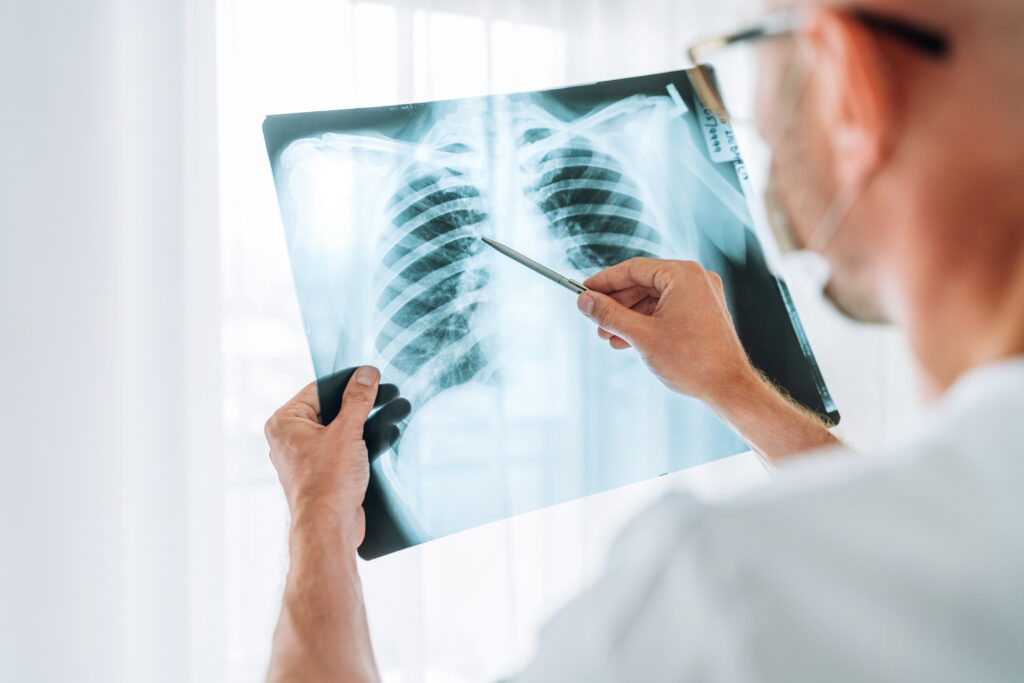The federal black lung benefits program was created in 1969 to pay for health care and provide monthly compensation to miners who could no longer work due to the disease.
Advocates like Quenton King, federal legislative specialist at Appalachian Voices, say that the stipend has not kept up with rising inflation.
“Aside from trying to prevent black lung, this is the main concern that coal miners with black lung have, is getting a simple stipend increase,” King said.
According to a new report from Appalachia Voices and Appalachia Citizens Law Center (ACLC), in 1969, a miner received $144.50 each month. Today, miners receive $773.00 a month, more than 30 percent less than the value of the original amount.
“Currently, the formula that they use to adjust the benefits annually is really silly,” King said. “It’s 37 percent of a level two federal employee’s monthly salary. We don’t know why that was chosen. But it doesn’t keep up with inflation.”
According to the ACLC, adjusting for inflation, the monthly stipend should equate to $1,172.61.
“The stipend is supposed to be able to help the family as a whole because it takes the whole family to take care of the coal miner, driving them to doctor’s appointments, and grocery shopping,” King said. “So the stipend is supposed to be a just way, better way to take care of families.”
In both the U.S. House and Senate, bills have been introduced called the Black Lung Improvement Act. House Resolution 6461 was introduced on Nov. 21, 2023.
“Coal miners broke their backs in the mines and power the nation,” King said. “Now they are unable to pay for groceries, or pay to live. This is getting some movement in Congress, and we’re really excited to see that.”
Appalachia Health News is a project of West Virginia Public Broadcasting with support from Charleston Area Medical Center and Marshall Health.




















 Soloviova Liudmyla/Adobe Stock
Soloviova Liudmyla/Adobe Stock